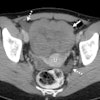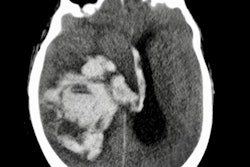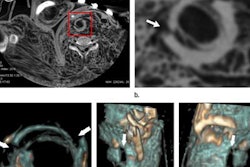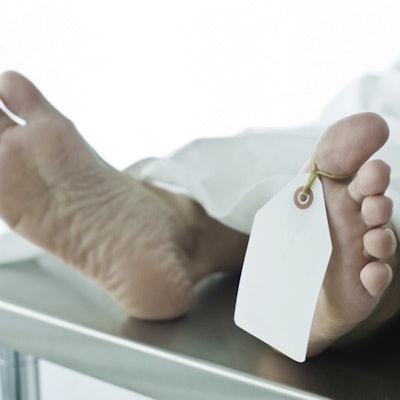
Muslims living in both Europe and the Middle East prefer postmortem imaging over conventional autopsy, believing it preserves the dignity of the corpse, but they prefer autopsy in cases of homicide or suicide, new research has found.
"Autopsy is still the only modality available in Libya," pointed out Mohamed Ben Taher, a doctoral student from the department of oncology and metabolism at the University of Sheffield, U.K. "Autopsy rates are declining for several reasons, including cultural/religious beliefs, potential delay in release of the body for burial, and potential emotional trauma to the family."
He wanted to determine how acceptable postmortem imaging is to predominantly Muslim Libyan communities in Libya and the U.K. Along with Drs. Marta Cohen and Amaka Offiah, both from Sheffield Children's National Health Service (NHS) Foundation Trust in Sheffield, Taher distributed a cross-sectional (unvalidated) printed questionnaire to 150 people in Libya. He also sent it by email to 50 Libyan citizens who live in Sheffield.
The researchers presented their findings at the U.K. Radiological Congress (UKRC), held earlier this month in Manchester. They received an impressive 183 completed questionnaires (119 men, 64 women). The mean age was 35, and the standard deviation was 14.96. All participants were Muslim, and 7% of participants were not previously aware of postmortem examinations.
A total of 19.7% of the participants in Libya believed that autopsy is a suitable method to investigate natural but unexplained death, compared with 6.7% in the U.K. Participants in Libya and Sheffield felt that conventional autopsy rather than imaging is required for homicide/suicide cases (see figure).
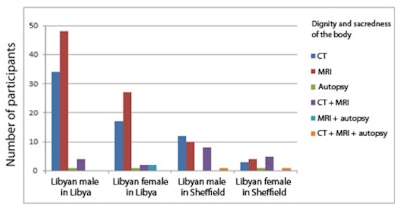 Breakdown of participant preferences for homicide/suicide cases.
Breakdown of participant preferences for homicide/suicide cases.To maintain the dignity and sacredness of the body, most participants preferred CT over autopsy due to its noninvasiveness. Emotional factors were important in the preference for postmortem imaging, with the overwhelming majority of respondents believing that autopsies have a negative emotional effect on the family.
"Libyans -- particularly those in lower social classes, as estimated by income -- prefer that the body is buried immediately or as soon after death as possible," Taher explained. "Other studies have shown three days to be the maximum."
Interestingly, participants from both countries preferred conventional autopsy for explaining the circumstances of homicidal/suicidal deaths, he added.
Around 93% of U.K.-based participants and nearly 89% of Libyan-based participants with a lower monthly income (i.e., between 750 and 1,000 pounds, or 852 to 1,137 euros) in both countries were most likely to prefer rapid burial within 12 hours compared with higher earners, and most participants thought that medical imaging maintains the dignity and sacred nature of the body.
"Autopsy is regarded as the gold standard for determining cause of death," Taher stated. "Postmortem imaging has been increasingly used, and has provided a significant range of helpful information."

